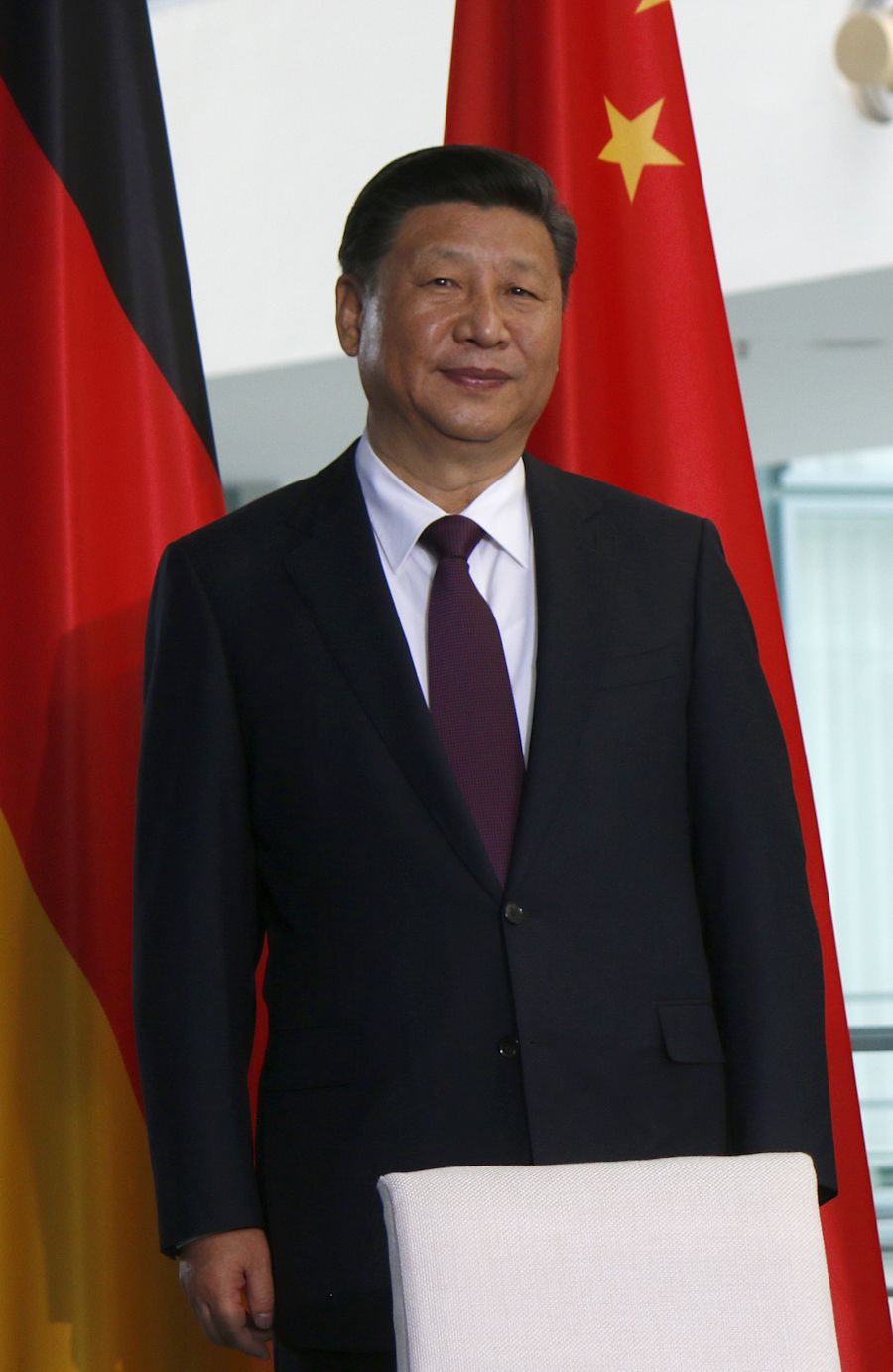German-Chinese relations
Fifty years ago, the People’s Republic of China and the Federal Republic of Germany established diplomatic relations. Ever since, the ties between the two countries have deepened. As late as in 2014, Angela Merkel and Xi Jinping agreed on a strategic partnership. Political will – not least by means of investment guarantees – has massively facilitated the economic exchange. Today, China is Germany’s largest trading partner; Germany is China’s second largest trading partner outside of Asia. For decades, Germany did not only make significant profits in China but was also hoping that trade would help create a middle class in China that would ultimately demand a political liberalization.
Recent years, however, have confronted Germany with a new reality. The “change through trade” that many had hoped for remained an illusion. Both countries face geopolitical frictions. China has adopted a policy of pro-Russian neutrality supporting the Russian Federation at least partially in its war of aggression against Ukraine. Germany may not be directly involved in US-China power rivalry but does share most of the US’s concerns. A crisis in the Taiwan Strait could have enormous economic implications for Germany and Europe.
China’s increased innovativeness has further made both national economies less complementary. The uneven playing field that leads to unfair competition has always existed; but not only has the state sector been strengthened further under Xi Jinping. Additionally, as Chinese and German companies increasingly compete over the same market segments its negative impact is clearer than ever.
Since Xi Jinping has risen to power, the authoritarian control of the Chinese Communist Party over the country has further tightened. This has not only led to a clampdown of limited freedom of speech in social media or civil liberties in Hong Kong among other domestic examples. China has also increased its interference into the freedoms of democratic societies around the globe.
As a result, German-Chinese relations are undergoing a process of realignment. The German government has developed its first China strategy. At its heart is the attempt to lower risks together with the other EU member states by means of reducing strategic dependencies.
However, Germany’s new China policy remains controversial: What is considered to be a strategic risk? How fast, by what means and at for which cost should we de-risk? How can we still cooperate with a country that we need to tackle global challenges but that is no longer only a partner and a competitor but also a systemic rival? These questions are not only vital for Germany but need to be addressed in close cooperation with all EU member states as well as like-minded partners.
This project strives to add to the ongoing discussion in Germany explaining the divergent set of geopolitical and geoeconomic risks and by proposing concrete policy recommendations. In doing so, it borrows from my research on digital technologies such as the Digital Power China (DPC) as well as the geopolitics of 5G project. It is also embedded in my work on Europe-China relations.
Selected publications:
Publication: 2023: Germany’s new China strategy: A drastic change. Singapore: ThinkChina.
Publication: 2023: Germany’s New China Strategy: Following Brussels. Prague: CHOICE.
Publication: 2023: Why Germany’s New China Strategy Needs to Go Beyond Symbolism, in: Internationale Politik Quarterly.
Publication: 2022: Chinas Beteiligung am Hamburger Hafen. Investition mit Risiko. DGAP Online Kommentar. Berlin: DGAP.
Publication: 2020: China’s Deteriorating Image, 18 November 2020, Internationale Politik Quarterly.


